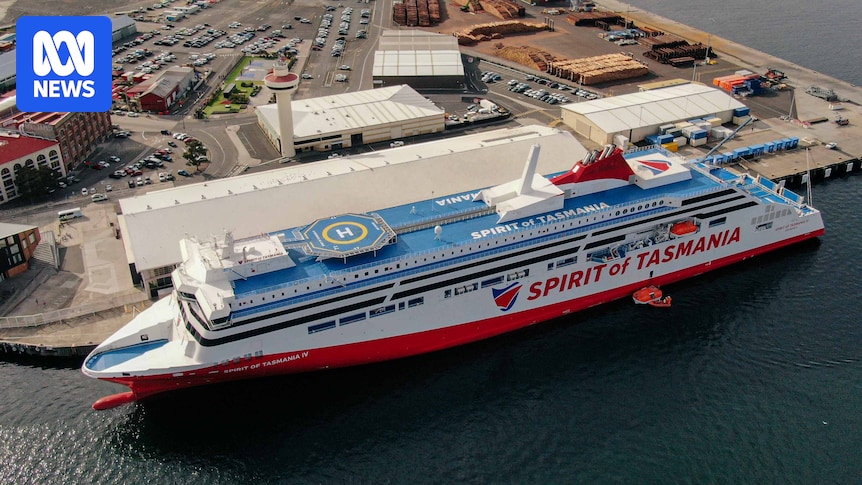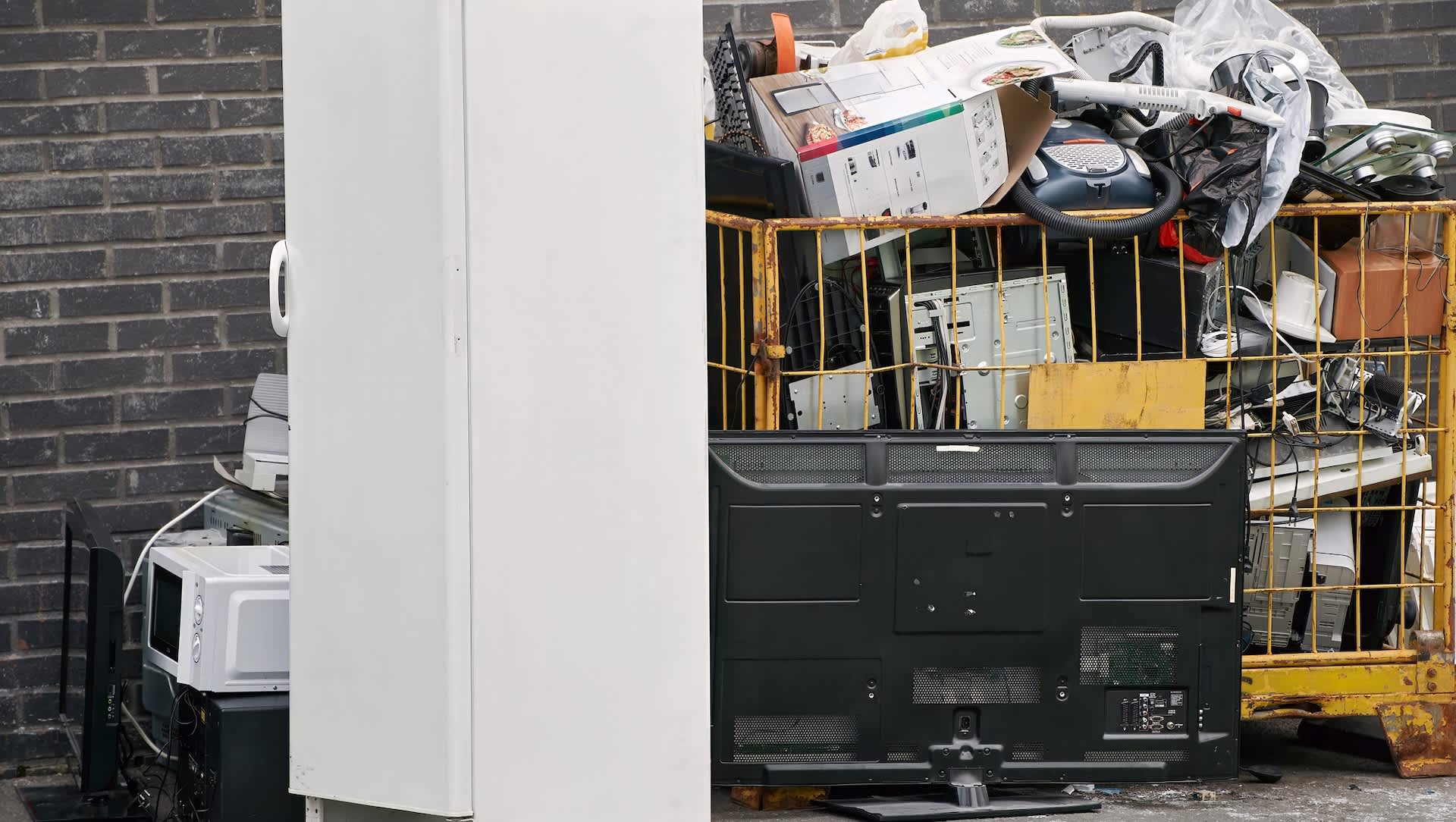
The chair of Spirit of Tasmania operator TT-Line, Ken Kanofski, has robustly disputed an auditor-general’s opinion that the ferry company is insolvent. He described the notion as “absurd” and “perverse,” arguing that the government would not allow the state-owned enterprise to collapse. Kanofski’s comments came during a parliamentary scrutiny hearing on Monday morning, where he addressed concerns about the company’s financial health.
Auditor-general Martin Thompson had earlier concluded that TT-Line was insolvent due to its inability to meet long-term debt obligations. This assessment led him to notify the Australian Securities and Investments Commission (ASIC) on July 31. However, TT-Line has since increased its debt capacity from $990 million to $1.4 billion and is negotiating to extend its debt repayment schedule to 2028. Additionally, the company received a $75 million equity injection as part of the recent state budget.
Dispute Over Solvency Criteria
During the hearing, Kanofski challenged the basis of Thompson’s insolvency assessment, arguing that solvency should not be determined solely on long-term debt repayment capacity. He stated, “If this was the yardstick to be used, then any company that’s looking to refinance its debt or raise equity in the future would be insolvent. This would be thousands, maybe tens of thousands of companies a year.”
TT-Line is nearing the completion of its replacement project for the two Spirit of Tasmania vessels, a process that has been fraught with challenges, including a bailout for the Finnish shipbuilder and significant cost overruns related to berthing infrastructure in Devonport. In response to these issues, the company has replaced its board and senior management and withdrawn its corporate plan, aiming to present updated long-term options to the government by January.
Legal and Financial Maneuvering
In a letter from TT-Line’s legal representatives, Thompson was informed that his assessment was “misconceived.” The letter emphasized the harm such commentary could inflict on the company and its stakeholders, including shareholders, employees, suppliers, and customers.
Kanofski, who has held prominent roles such as director of the Sydney Olympic Park Authority and Western Sydney International Airport, asserted that TT-Line’s debts are effectively owed to the Tasmanian treasurer, who would not permit the company to fail. “If the debt guarantee is exercised by Tascorp, the treasurer pays the money to Tascorp, Tascorp are kept whole, TT-Line then owe the money to the treasurer, the treasurer has broad discretion then as to how to deal with that debt,” he explained. Losing control over the Spirit of Tasmania assets, he added, would be “perverse.”
Timeline and Government Involvement
The hearing provided a detailed timeline of events leading up to the insolvency debate. The auditor-general first communicated his opinion to TT-Line on July 18, with a meeting following on July 21. On the same day, the board informed the two shareholder ministers, then-treasurer Guy Barnett and then-infrastructure minister Eric Abetz, of the situation. Barnett approved the increased debt limit during the election caretaker period, a decision Kanofski indicated had been in development for over two years.
TT-Line formally disagreed with the insolvency conclusion in a response to the auditor-general on July 29, which was also shared with the shareholder ministers. Despite this, Thompson proceeded to notify ASIC of potential breaches of the Corporations Act on July 31. The company sought independent advice, which confirmed their solvency, first verbally on July 25 and then in writing on August 2.
Future Prospects and Asset Management
TT-Line is addressing its immediate financial concerns through increased borrowing limits and a $75 million equity boost, while planning to tackle long-term viability in its forthcoming government proposal. Further government equity support remains a possibility. The new ferries are slated to commence operations in October, coinciding with the completion of the Devonport berth, and the project is reportedly still within its $493 million budget.
Upon the new ferries’ deployment, TT-Line plans to sell its existing vessels, Spirit of Tasmania I and II. A broker has been appointed to manage the sale, with the company’s recent annual report valuing each ferry at $85 million. However, Independent MLC Ruth Forrest raised concerns about the potential impact of forthcoming maritime pollution regulations on the sale price of the diesel-fueled vessels. Kanofski expressed confidence in the valuation, suggesting the possibility of “sunset clauses” for existing ships.
As TT-Line navigates these financial and operational challenges, the company’s leadership remains focused on securing its future stability and maintaining its role as a critical transportation link for Tasmania.






